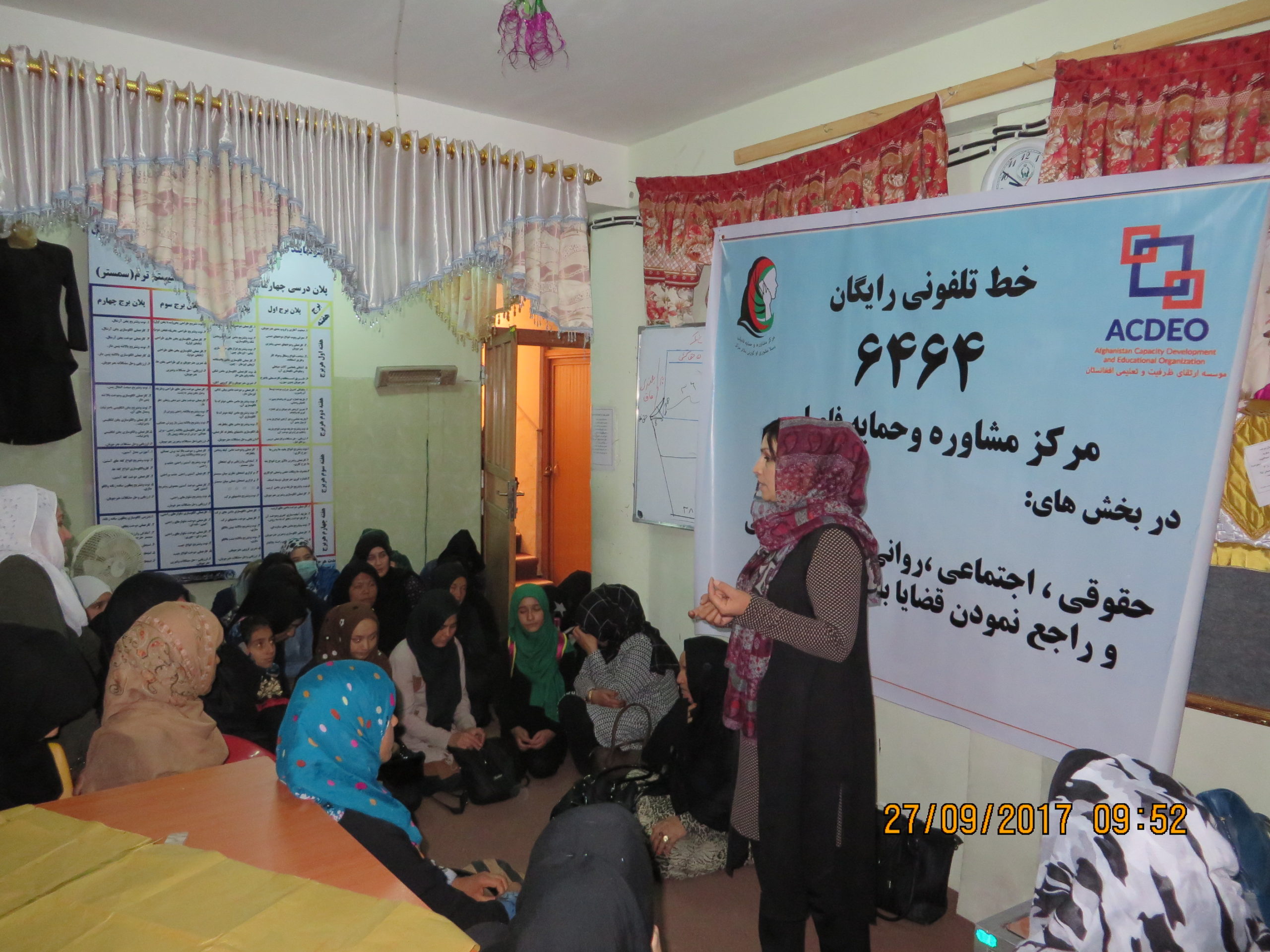ACDEO’s Family Support Helpline supports and encourages women to mitigate and resolve threats to their own safety and that of their children
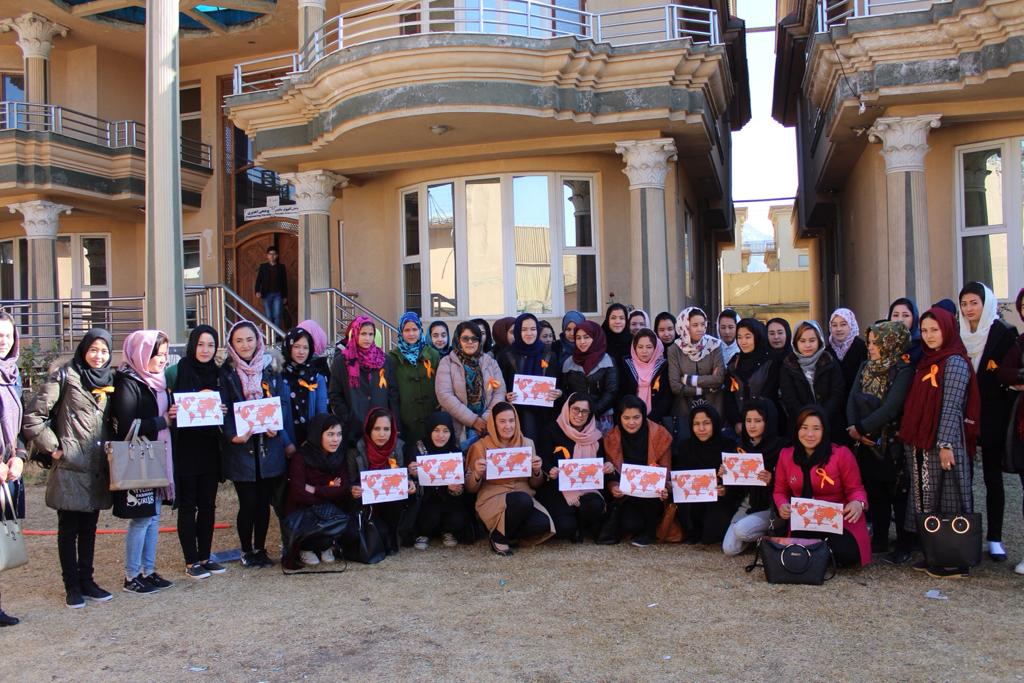
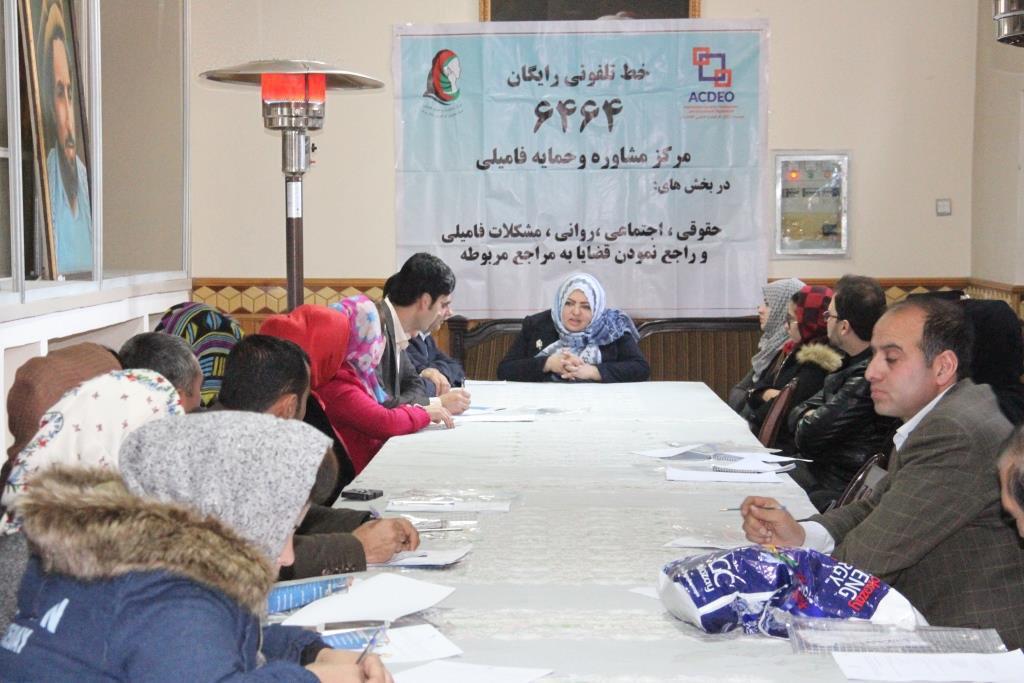
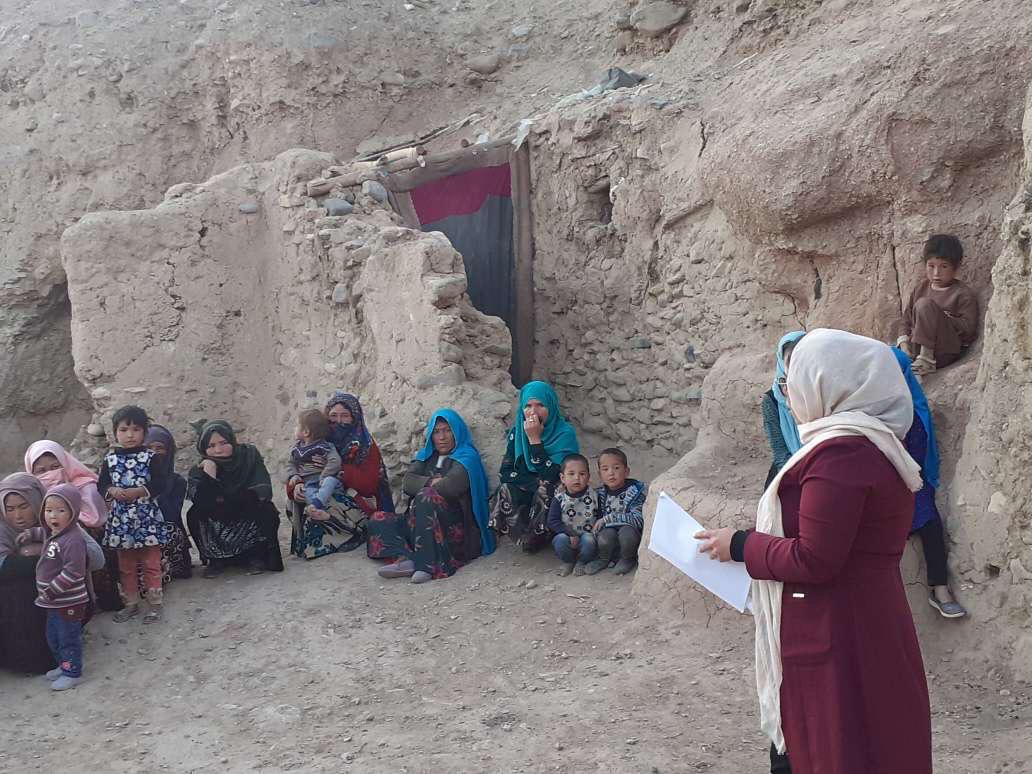
Gender-Based Violence
Gender-Based Violence (GBV) is a widespread challenge in Afghanistan, stemming from complex inequalities and cultural practices which, when aligned with poverty and lack of awareness, subordinate women to men and prevent them from acting on or receiving support. Since ACDEO’s establishment in 2012, protecting and advocating for women’s rights and expanding women’s access to justice has been a priority area of work.
Over the past decade, awareness of women’s rights, of the right for women to participate in public life, and access by women to education and healthcare, have all increased significantly. Meanwhile, Government, legal aid, and psychosocial and shelter services directed at women have expanded dramatically, although they fall short of full and equitable provision across the country.
In some communities, social taboos against external involvement in family matters limit both men and women from seeking help from the Government or civil society organisations Such barriers continue to frustrate rights- or individual-based approaches, including around to access to justice.
ACDEO’s Family Support Helpline supports and encourages women to mitigate and resolve threats to their own safety and that of their children. By providing counselling to male callers and providing them with advice dealing with intra- or inter-family disputes peacefully, the Helpline aids in reducing threats to women. In cases where women wish to seek external help, the Helpline offers an accessible, safe, and quick method of identifying potential service providers.
ACDEO’s work for GBV victims and survivors is conducted in association with the Ministry of Interior Affairs (MoIA), the Attorney General’s Office, the Ministry of Women’s Affairs, and the Afghan Lawyers Association and the Afghanistan Women Judges Association.
Over the past decade, awareness of women’s rights, of the right for women to participate in public life, and access by women to education and healthcare, have all increased significantly. Meanwhile, Government, legal aid, and psychosocial and shelter services directed at women have expanded dramatically, although they fall short of full and equitable provision across the country.
In some communities, social taboos against external involvement in family matters limit both men and women from seeking help from the Government or civil society organisations Such barriers continue to frustrate rights- or individual-based approaches, including around to access to justice.
ACDEO’s Family Support Helpline supports and encourages women to mitigate and resolve threats to their own safety and that of their children. By providing counselling to male callers and providing them with advice dealing with intra- or inter-family disputes peacefully, the Helpline aids in reducing threats to women. In cases where women wish to seek external help, the Helpline offers an accessible, safe, and quick method of identifying potential service providers.
ACDEO’s work for GBV victims and survivors is conducted in association with the Ministry of Interior Affairs (MoIA), the Attorney General’s Office, the Ministry of Women’s Affairs, and the Afghan Lawyers Association and the Afghanistan Women Judges Association.
What We Have Done

Supported GBV victims and survivors, providing legal advice and psychosocial support to more than 100,000 callers.
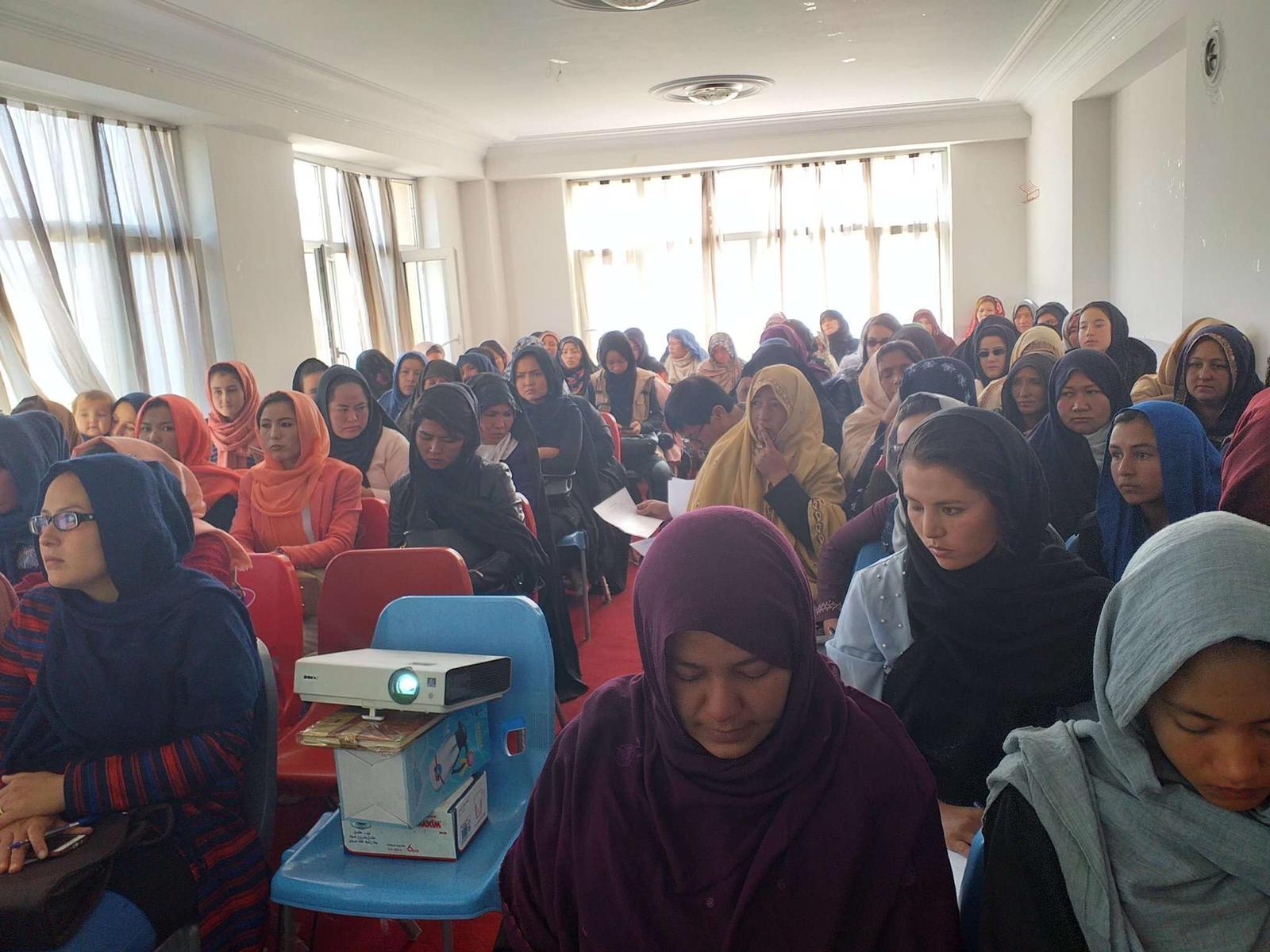
Conducted awareness campaigns on women and girls’ rights in communities and educational institutions throughout Afghanistan.

association with the MoIA and the Attorney General’s Office, provided support for women in life-threatening situations.
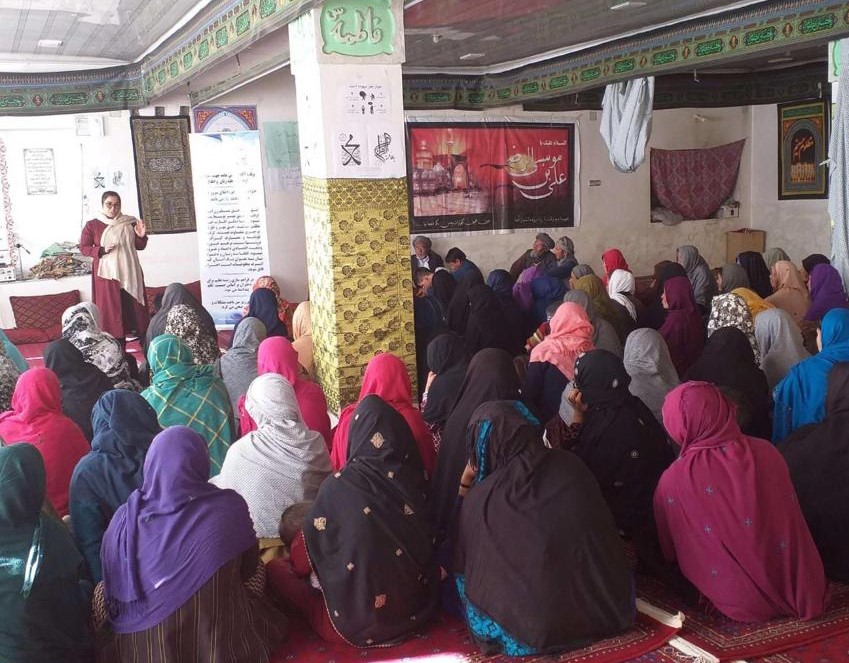
Conducted research on trends in violence against women and girls in five provinces.
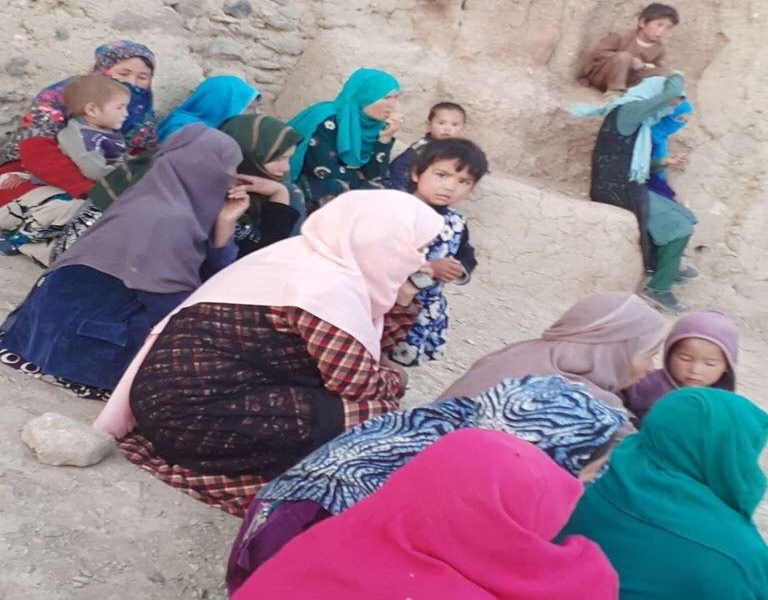
Conducted awareness campaigns around sexual harassment for staff in Government civil society organisations and other institutions.

Categories
